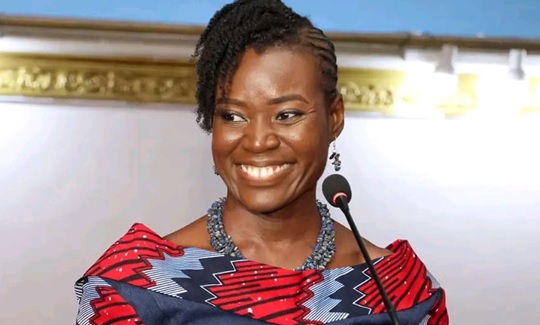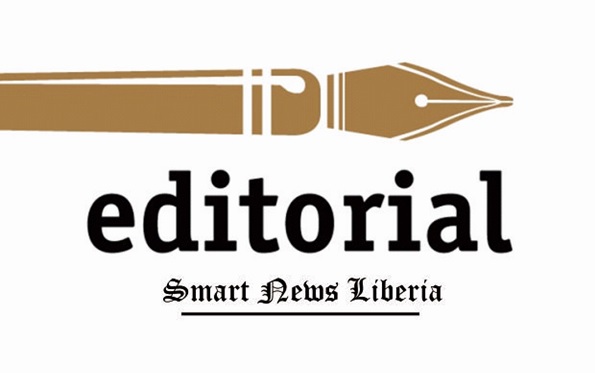MONROVIA – During Liberia’s 177th Independence Day celebration on July 26, 2024, Dr. Robtel Neajai Pailey delivered a powerful oration, urging a radical reconceptualization of Liberian citizenship. Drawing from her 2021 book, she delved into the evolution of Liberian identity and its profound implications for national development.
Dr. Pailey highlighted how historical upheavals—from the nation’s founding and indigenous resistance to the political turmoil and assassinations in the 1980s and 1990s—have fundamentally transformed Liberian identities and relationships. She proposed a comprehensive framework called the “Liberian citizenship triad” to redefine what it truly means to be Liberian.
The first element of her triad defines citizenship as passive and identity-based, focusing on birthplace and bloodline. This form emphasizes rights based on identity, encompassing factors like language and county affiliation. Dr. Pailey stressed the importance of inclusivity, ensuring all demographics are represented in this vision of citizenship.
The second aspect of her framework views citizenship as active and practice-based, emphasizing contributions to socio-economic transformation. Dr. Pailey challenged Liberians to obey laws, pay taxes, engage in the political process, and invest in national development. She underscored the necessity of fulfilling responsibilities to drive progress.
In the third element, citizenship is interactive and relationship-based, centering on healthy interactions among citizens and between citizens and the state. Dr. Pailey stressed that accountability and constructive criticism are essential to building strong communal bonds and a new Liberia. This form of citizenship is about nurturing connections that support growth and unity.
To implement this triad, Dr. Pailey proposed integrating citizenship education into national curricula at all levels. She also suggested establishing a national youth service scheme, which would provide high school graduates with on-the-job training across various sectors, encouraging active civic engagement.
Furthermore, she advocated for mandatory civics training for public officials, emphasizing the importance of ethical leadership. Elected officials should meet prerequisites such as asset declaration and civics education, while appointed officials should complete training promptly after confirmation.
Dr. Pailey’s vision of a reimagined Liberia relies on claiming rights, fulfilling responsibilities, and nurturing relationships. This triadic approach lays the groundwork for a united and progressive nation, inspiring Liberians to contribute actively to their country’s future.
Through her compelling address, Dr. Pailey called on Liberians to embrace this new framework for citizenship, emphasizing that it is crucial for building a cohesive society. Her insights offer a transformative path forward, envisioning a Liberia where all citizens are engaged, accountable, and united in their pursuit of a brighter future.







